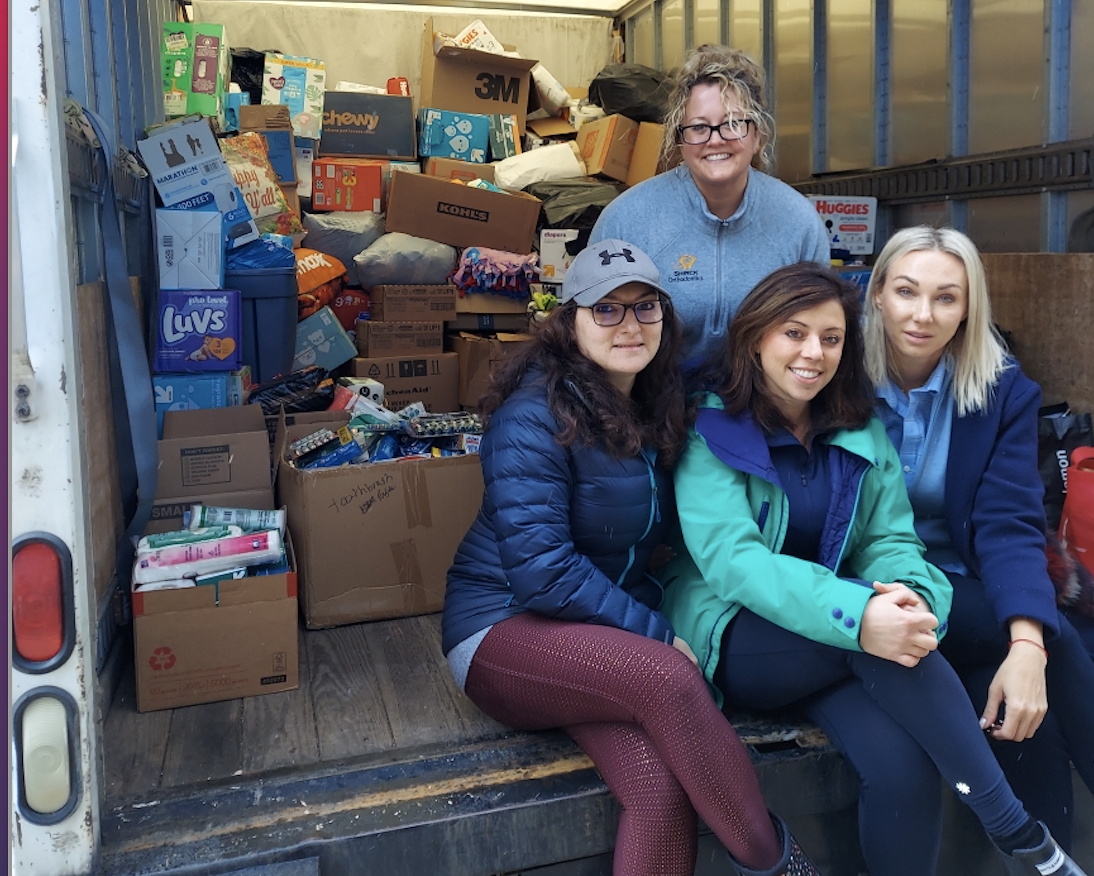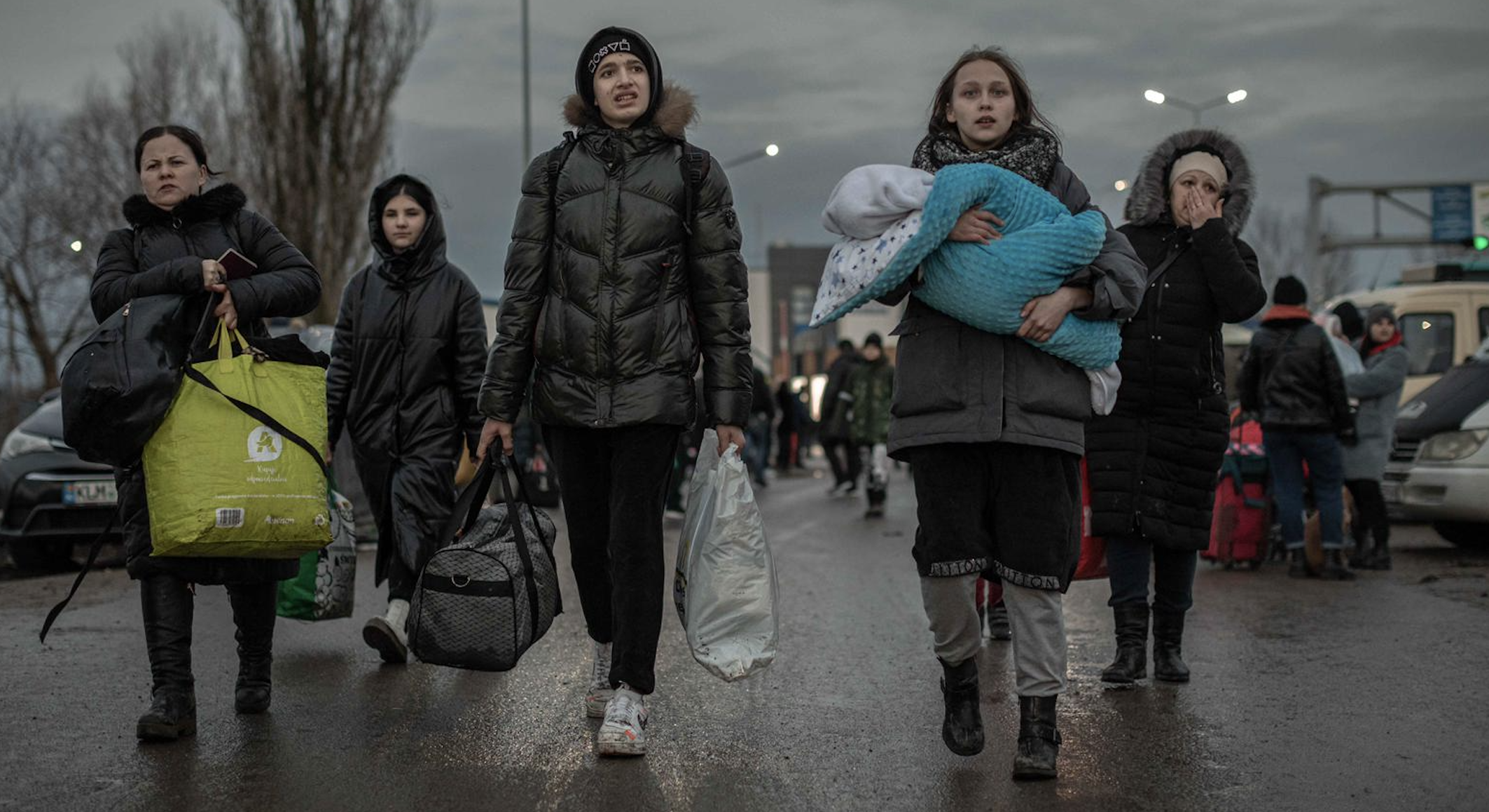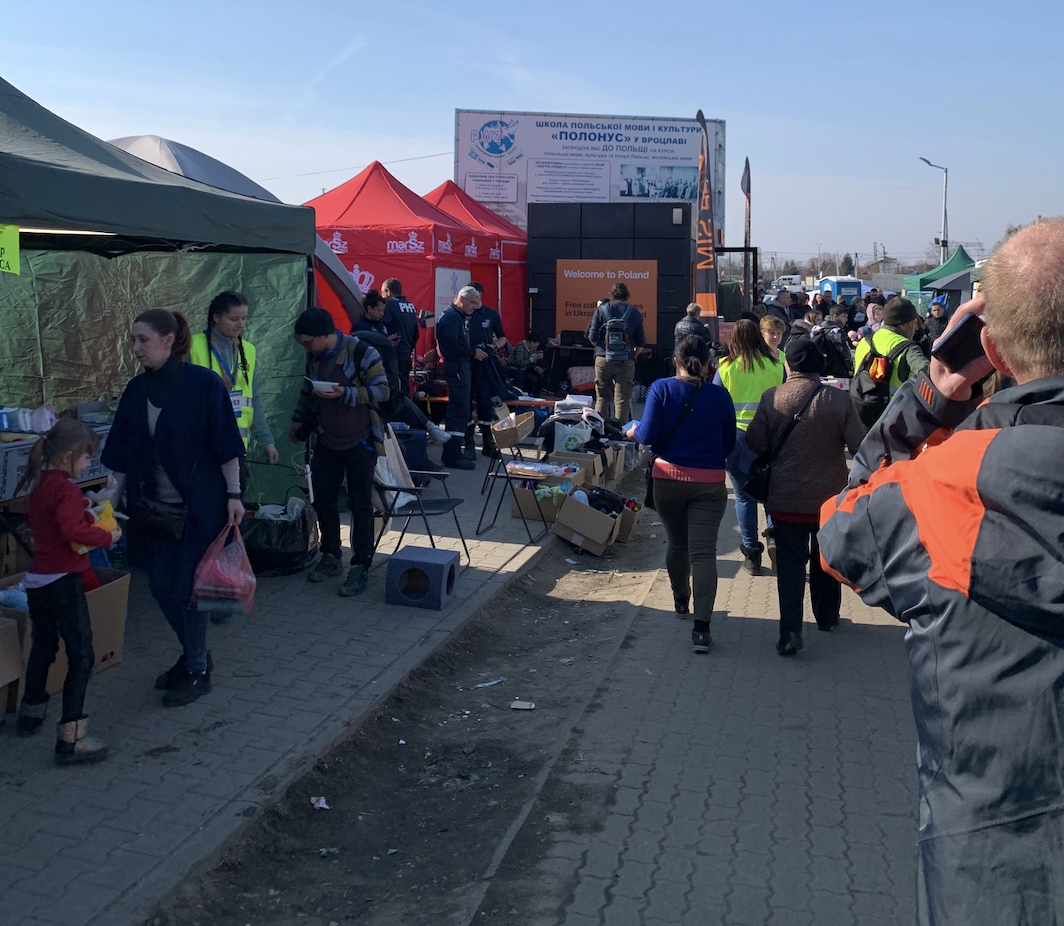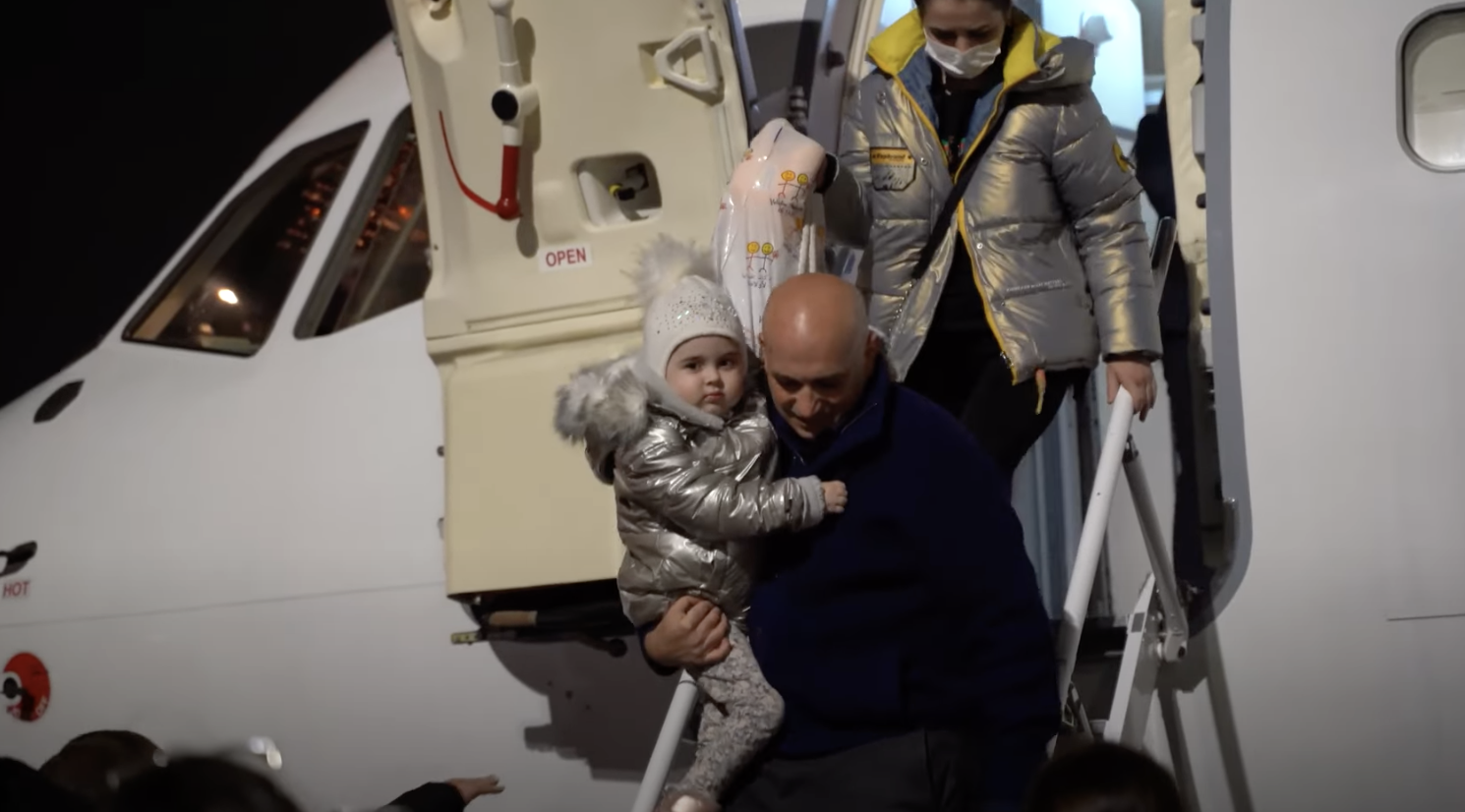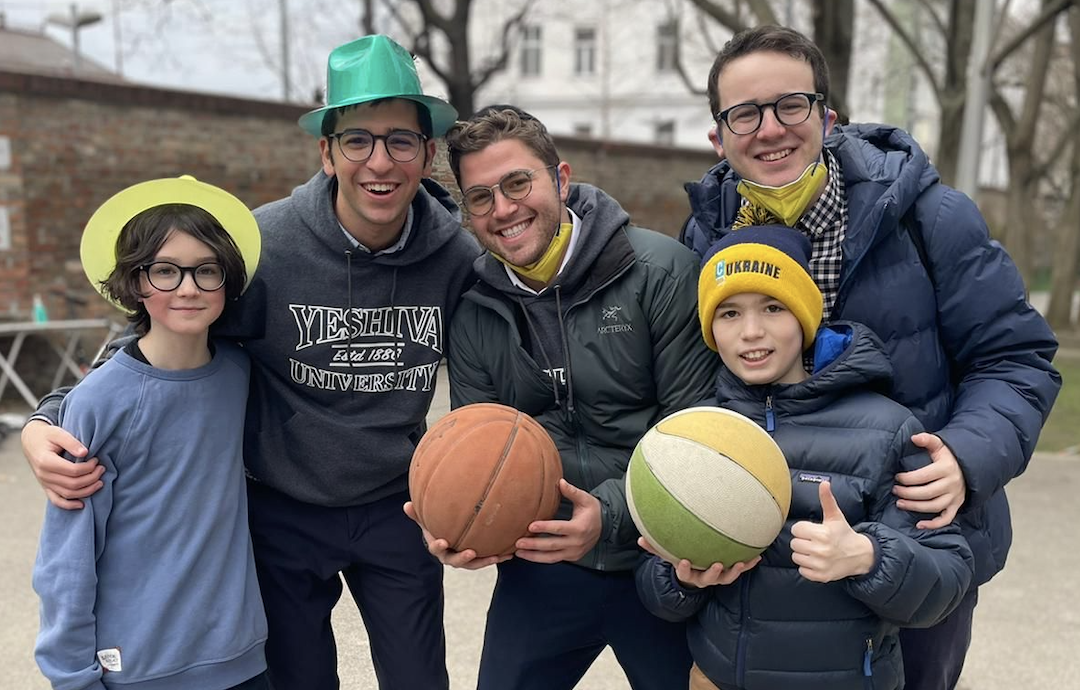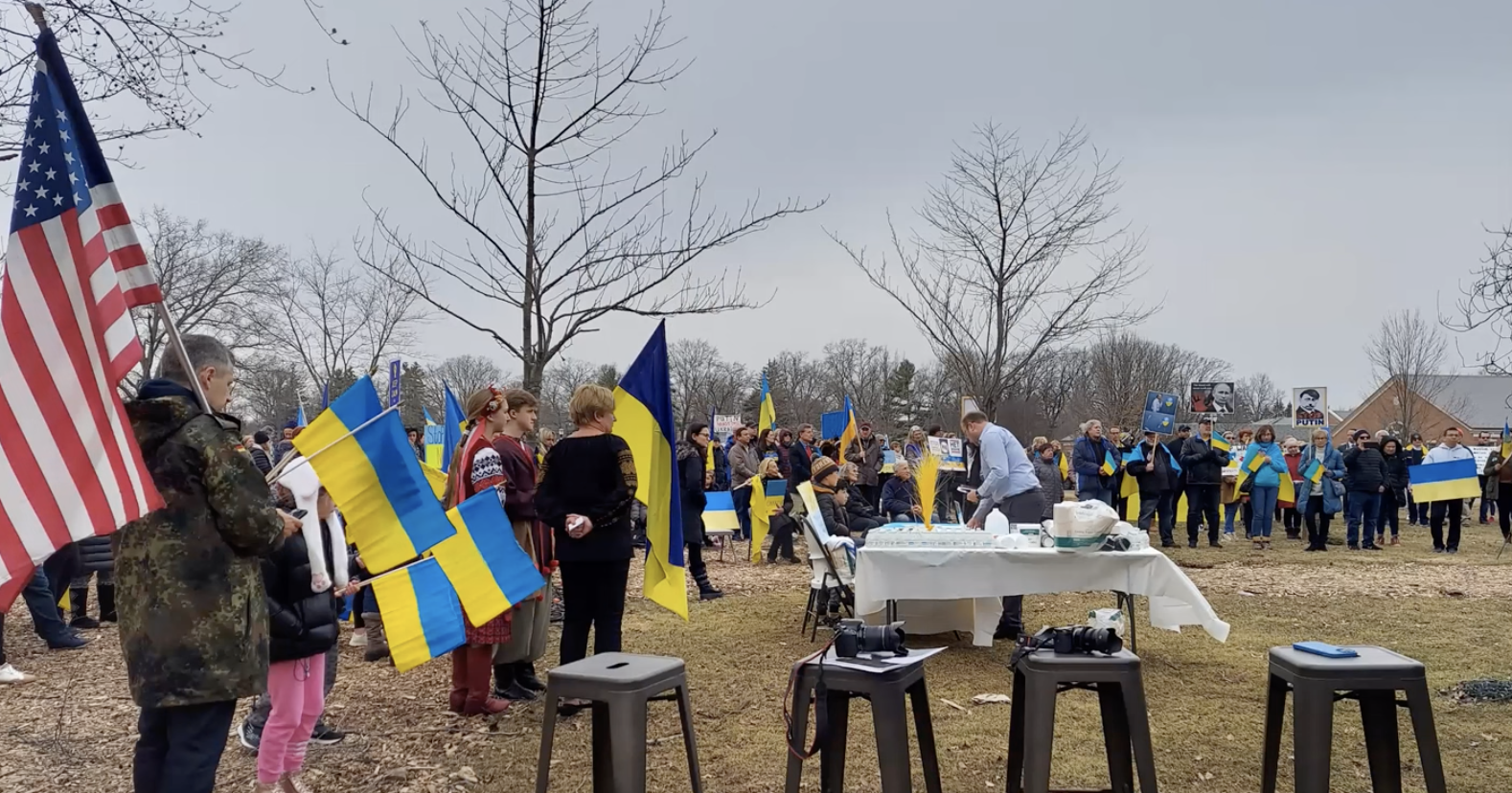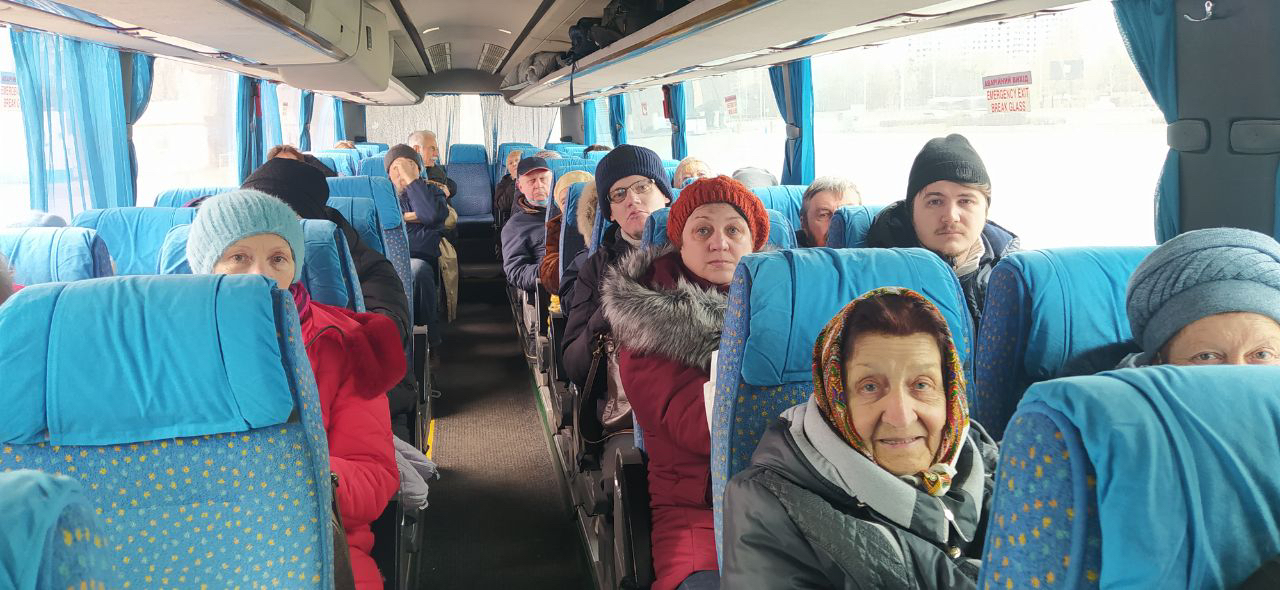The Latest From The Foundation
Dispatches from the network and updates from the Foundation.
View Category
World conflicts
13
Oct 2023
Resources for Israel
On Monday, October 9th, Rabbi B. Elka Abrahamson, President, sent out a letter to our network with words of deep empathy and support, and a promise to follow up with resources for our North American “family”, including talking points and where to donate. There are many such lists now available, and we have compiled some of the most helpful in one place to help you continue to lead in your
Yet in all this chaos, there is a ray of light. Hundreds of volunteers are arriving at the border, people from different organizations, and each one wants to help. After a short while, it is clear that in all the confusion of people wanting to help, there is logic and order.
This war has evoked the “never again” emotion and determination in many in the Jewish community and beyond. I hear this in conversations in Cleveland and in Israel and in Poland. The overwhelming commitment and demonstrations of volunteers embracing and caring for Ukrainian refugees is awe inspiring.
The foggy, unclear future of the Ukrainian people reflects on the families that are now under our responsibility. Therefore we are faced with issues that we do not usually consider as our business, but have become now; the very basic values of compassion, care, and responsibility.
24
Mar 2022
An Evolving Story
Dr. Erica Brown
More than any task, our students brought cheer – they sang and danced wherever they went. A leader of the community whispered to me on the last day of the trip: “I really doubted there was anything for you to do here, but now I realize that what you all brought here was psychological CPR.”
“And who knows, perhaps you have attained to royal position for just such a crisis.” Esther 4:14 This question/suggestion from Mordechai to Esther has resonated throughout the four zoom calls of Wexner Alums gathering to explore what we can do to respond to the crisis in Ukraine.
Since the Russian invasion of Ukraine, the global Project Kesher community has been organizing to support Ukrainian women and families. Operating in Ukraine since 1989, Project Kesher Ukraine (PKU) has a grassroots network of over 300 trained leaders from Ukraine who are originally from more than 40 cities. Now, though they are nearly all uprooted and moving around due to war, PKU-trained leaders are working to help others.
Categories
- _About (12)
- _Alumni (6)
- _Core (3)
- _Landing Pages (34)
- _Programs (14)
- _Resources (5)
- _Summits (6)
- Antisemitism (7)
- Climate Change (13)
- COVID-19 (11)
- Difficult Conversations (21)
- Education (4)
- Gender (6)
- General News (144)
- Holocaust (3)
- Innovative Projects (268)
- Intergenerational Communication (6)
- Israel (159)
- Judaism in Online Spaces (11)
- Lessons in Leadership (240)
- Life’s Leadership Moments (294)
- Mentorship (54)
- Peoplehood (154)
- Play (7)
- Pluralism (3)
- Politics (10)
- Power (14)
- Professional Growth (34)
- Racial Justice (10)
- Self-care (25)
- Social Justice/Tikkun Olam (59)
- Summit Seeds (3)
- Text/Holidays (150)
- Uncategorized (6)
- Values and Ethics (24)
- WexFactor (8)
- Wexner Davidson Fellowship (1)
- Wexner Field Fellowship (27)
- Wexner Graduate Fellowship/Davidson Scholars Program (89)
- Wexner Heritage Program (99)
- Wexner Israel Fellowship (47)
- Wexner Senior Leaders (22)
- Wexner Service Corps (4)
- World conflicts (8)

